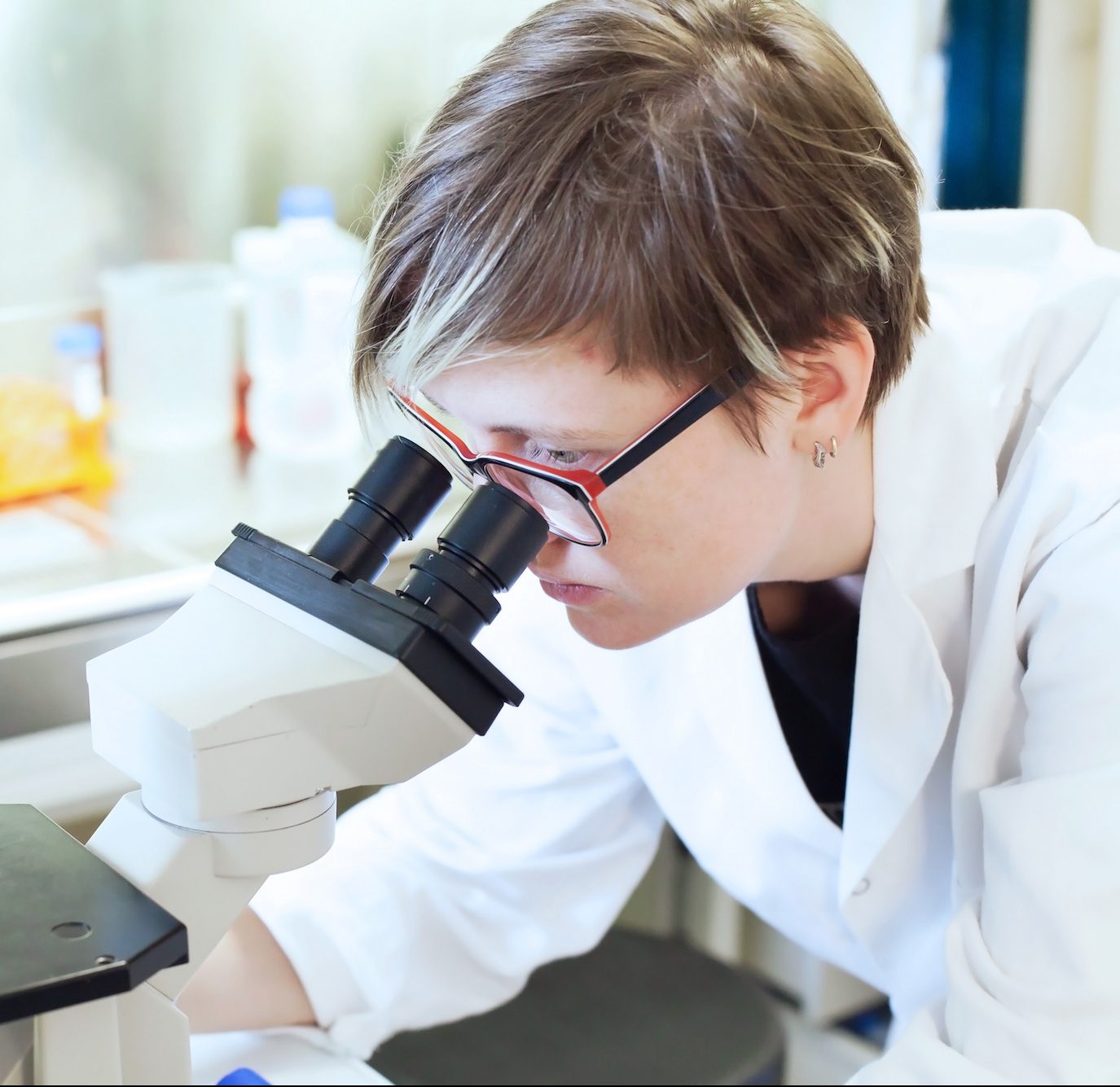 Dermatology Clinical Trials are coordinated studies that assist in the advancements of medicine and skin therapy within the dermatology industry. This type of clinical research provides dermatology professionals with data-based results, which manifest into evidence based medicine. Dermatological companies may work with research services providers like https://vial.com/cro/dermatology/ to conduct research and studies for new products which will eventually undergo clinical trials.
Dermatology Clinical Trials are coordinated studies that assist in the advancements of medicine and skin therapy within the dermatology industry. This type of clinical research provides dermatology professionals with data-based results, which manifest into evidence based medicine. Dermatological companies may work with research services providers like https://vial.com/cro/dermatology/ to conduct research and studies for new products which will eventually undergo clinical trials.
With the various types of skin conditions affecting the quality of life of millions, clinical studies allow participants to be proactive when it comes to their skincare and overall well-being. Dermatology Clinical analysis is the foundation for leading-edge medicine and treatment therapy progression.
Clinical Trial Process
“Before any type drug, device or therapy testing starts on human subjects, thorough research performed on animal or human cells are conducted to evaluate the safety and effectiveness of the treatment,” shares Dr. Ted Lain, board certified Dermatologist at Sanova Dermatology in Austin, Texas.
Once completed, the Food and Drug Administration (FDA) will review the data to determine if human testing will be approved.
Phase 1
This stage of the trial studies a small number of participants (100 or less), usually paid, to test dosage scale and side effects of a drug or treatment. Tests are typically done on healthy subjects to gather safety information, but can also be tested on those that the medication or treatment is intended for depending on the ailment.
Phase 2
This stage of the trial studies a larger number of subjects (100-300 and those whom the drug or device is intended for) focusing on safety, proper dose administration and effectiveness. Tests within this phase are typically randomized, placebo controlled, or double-blinded.
Phase 3
This stage of the trial studies an even greater amount of subjects (a few hundred to a few thousand). Following the same protocols as Phase 2, with safety and effectiveness being the focus. Success in this phase allows for an FDA approval request.
Phase 4
“This stage of the trial, known as post-marketing surveillance, is the monitoring of a drug or device safety and efficacy after it hits the open market,” shares Dr. Lain.
The importance of structured and accurately implemented clinical trials cannot be understated and is vital to the success of innovative drugs, devices, and treatments. The objective of these studies is to improve the quality of life and the advancement of medicine.
Contact Us
“We are excited to announce our partnership with Austin Institute for Clinical Research (AICR) in order to provide our patients with the utmost quality of care, as well as cutting edge dermatological procedures,” Dr. Lain says. If you are interested in finding out more information on how a clinical trial can benefit you, please visit the AICR website or call 512-279-2545.
